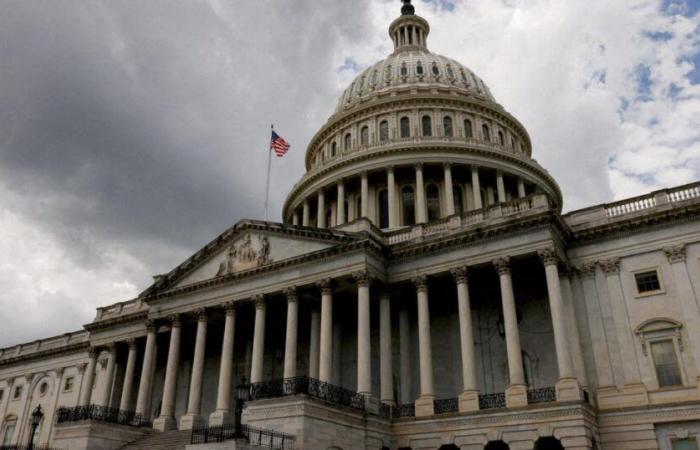Presidential elections are one thing; Congressional elections are another. Because the power of a president depends on it. And anyone who has seen the US series House of Cards, in which a power-mad congressman plans an intrigue against the president, will get an impression of the balance of power in Washington.
But first things first: In the USA, the power of a president also depends on the outcome of the congressional election, which takes place at the same time as the presidential election. If the president’s party controls both chambers of Congress – i.e. the Senate and the House of Representatives – he can implement legislative proposals much more easily than if the opposition has a majority in the House of Representatives or even in both chambers.
What is the US Congress and how is it elected?
The US Congress is the legislative power in the USA, i.e. the legislature. It consists of two chambers: House of Representatives and Senate. Congress is seated in the Capitol in Washington, DC
What is the House of Representatives?
The House of Representatives has 435 representatives who are elected every two years by citizens in their respective constituencies. The representatives vote on laws and exercise a control function over the president. The House of Representatives was most recently re-elected during the so-called midterms in November 2022.
What is the Senate?
The Senate represents the interests of the states. The 100 senators – two per state – are elected directly by those entitled to vote according to the principle of majority voting. Members of the Senate remain in office for six years. Their election takes place on a rotating basis: a third of the seats in the chamber are up for election every two years. This time 34 senators were up for election.
What power does the Senate have?
The Senate also has a control function over the President. Particularly important: It votes on the appointment of ministers and the highest judges. The Senate is also responsible for ratifying international treaties.
Can the President bypass the House and Senate?
Yes. But only by decree. Many presidents have had to contend with blockades by Congress, especially Barack Obama. In his second term, Republicans gained a majority in both chambers of Congress. In order to push through important projects, Obama often ruled by decree at the end of his term in office. The problem: Decrees of a president can easily be repealed by his successor.
Could the House and Senate – theoretically – rule against the president?
Difficult. Because the president has veto power. The presidential objection can only be overruled by a two-thirds majority in both chambers of parliament.
Belgium






